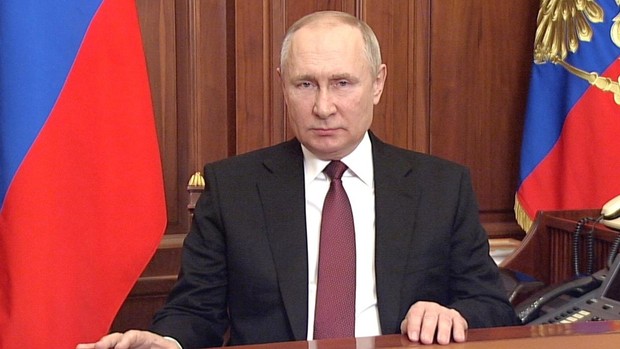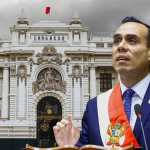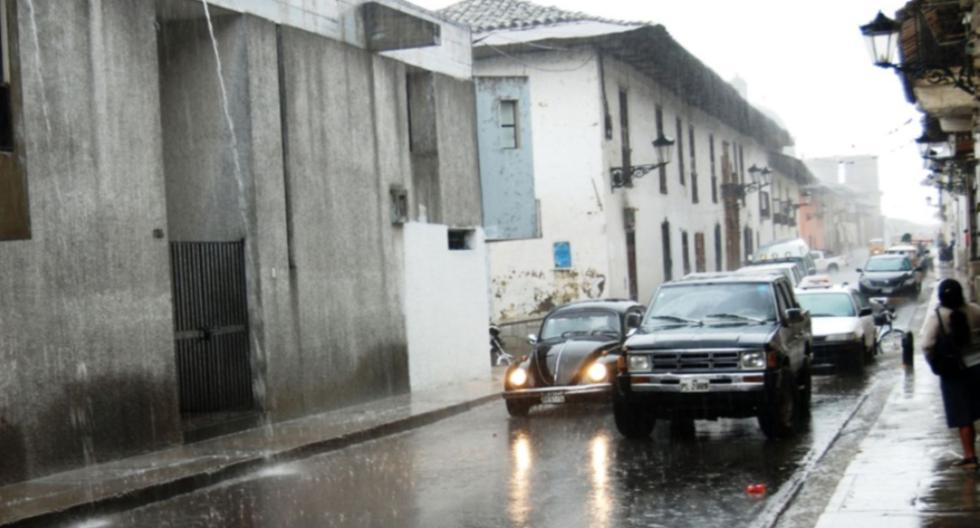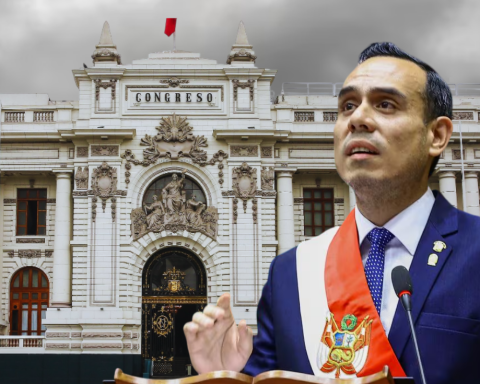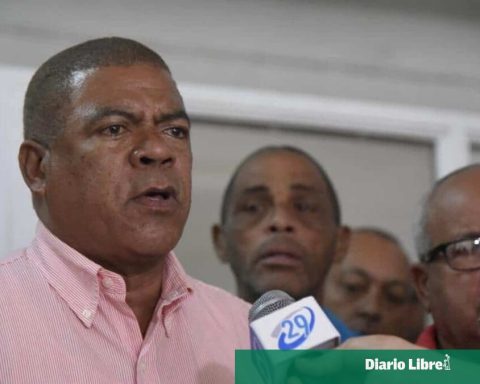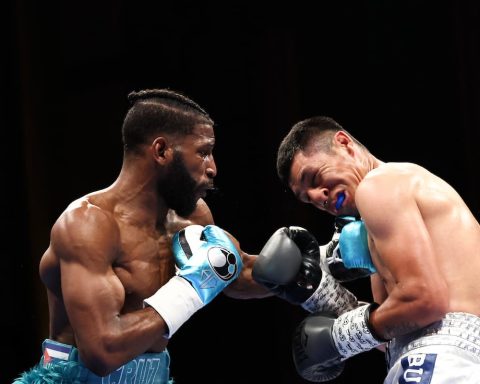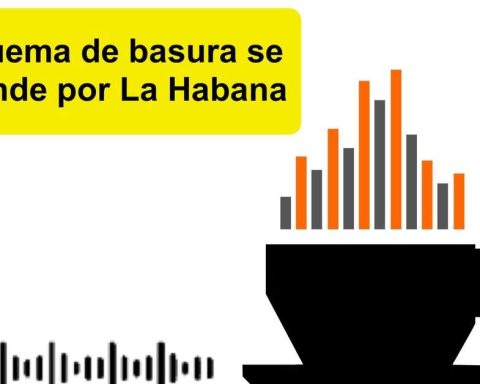In step with the cascade of sanctions imposed by Western countries and their allies after Putin launched the invasion on February 24, credit card giants Visa and Mastercard have announced they are suspending operations in Russia.
This escalation of sanctions is intended to isolate Moscow, which is also facing a diplomatic, sports and cultural boycott.
On Saturday, Putin launched a harsh threat against the Ukrainian authorities, stating that “if they continue to do what they are doing,” they are putting Ukraine’s future as a “state” at risk.
“And if this happens, they will be fully responsible,” the Russian president added.
Since the invasion launched ten days ago, the humanitarian and economic cost of the war has intensified and 1.5 million people have fled Ukraine, according to the UN. Authorities have reported that hundreds of civilians have been killed.
The Ukrainian army reported on Facebook that its “main efforts are focused on defending the city of Mariupol.”
Mariupol – a strategic port on the Sea of Azov – has been under intense Russian siege for several days, without electricity, water and food and several attempts to evacuate civilians have had to be suspended due to violations of agreed ceasefires.
This Sunday the Ukrainian authorities in Mariupol announced that they had agreed a ceasefire with the Russians and that they will begin the “evacuation of the civilian population” at noon (10:00 GMT).
The fall of this port would mark a turning point in the war because it would allow Russia to unite the troops advancing from the Crimean peninsula – annexed by Moscow in 2014 – with the forces entering the country from Donbas, in the east.
The Ukrainian military reported a “fierce battle” with Russian troops for control of the city of Mykolaiv, in the south of the country, and Chernigov, in the north, near the border. There are also contingents fighting in the eastern zone, in Donetsk.
UKRAINE ASKS FOR PLANES
Ukraine is pressuring the West to increase military assistance to the country, including the delivery of fighter jets. President Volodymyr Zelensky implored his Eastern European neighbors to provide him with Russian planes, saying his citizens are capable of flying them.
For his part, Putin toughened the warnings against NATO.
If a no-fly zone is imposed, there will be “colossal and catastrophic consequences not only in Europe, but throughout the world,” he warned, adding that any move in this direction would be seen by Russia as “participation in the armed conflict.”
In addition, Putin criticized the sanctions as “a way of waging war on Russia.”
“The sanctions against Russia are like a declaration of war, but thank God we are not at that point yet,” said the president, who denied that the Kremlin is planning to impose martial law in Russia.
Visa and Mastercard announced that they would suspend operations in Russia, joining a long list of multinationals that have cut off their business with Russia since the invasion, such as Intel, Airbnb, Hermes or Chanel.
The war has already had economic consequences not only for Russia. The International Monetary Fund (IMF) warned that its impacts would be “all the more devastating” if the conflict intensifies.
The main immediate consequence has been a rise in the price of oil, due to fears of supply problems, since Russia is the third largest exporter of crude oil in the world.
INTENSE DIPLOMATIC ACTIVITY
As part of the frantic diplomatic activity, Zelensky announced on Sunday that he had spoken by telephone with US President Joe Biden.
“The agenda included security issues, financial support for Ukraine and the continuation of the imposition of sanctions against Russia,” Zelensky wrote on Twitter.
Hours earlier, the Ukrainian leader addressed US lawmakers by video call asking for more assistance for his country and an embargo against the purchase of Russian oil.
US lawmakers promised another 10 billion dollars in aid but the White House has ruled out for the time being a ban on imports of Russian crude for fear that it will cause a price increase that will affect the US pocketbook.
Western countries have shipped weapons, ammunition and supplies to Ukraine, and last week the United States authorized a record $350 million delivery of military hardware to Ukraine.
In a visit to the Ukrainian refugees on the border with Poland, the head of US diplomacy, Antony Blinken, indicated this weekend that his country is seeking 2.75 billion dollars for the humanitarian crisis caused by the massive displacement of Ukrainian civilians.
Meanwhile, the office of British Prime Minister Boris Johnson reported that he will launch an international “action plan” to ensure the failure of the invasion against Ukraine and announced an intense diplomatic agenda for this week that begins.
RUSSIAN TROOPS APPROACH KIEV
On the ground, Russian troops are moving ever closer to Kiev, launching more indiscriminate and deadly attacks on civilians.
Working class neighborhoods on the outskirts of Kiev, such as Bucha and Irpin, are already in the line of fire, and the latest airstrikes convinced many residents that it was time to flee.
“They are bombing residential areas, schools, churches, buildings, everything,” complained accountant Natalia Didenko.
In the north of the country, in Chernigov, a town near the border with Belarus and Russia, dozens of civilians were killed.
“There were bodies on the ground everywhere. They were waiting to enter the pharmacy here, and they are all dead, ”a man who asked to be identified only by his name, Sergei, told AFP amid the blare of warning sirens.
AFP journalists observed scenes of devastation at the site, despite the fact that Moscow insists that it does not launch attacks on civilian areas.
Zelensky said on Saturday that Ukrainian forces were holding out in Kharkiv – the country’s second largest city – and had inflicted so many casualties on the Russians that they could not have imagined it “even in their worst nightmares.”
